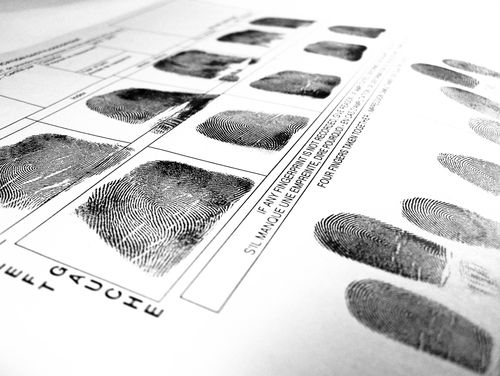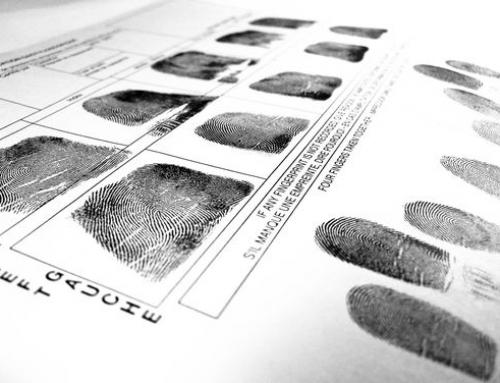Citizens in Pennsylvania with low-level misdemeanor convictions in their past may soon be eligible for an expungement of their criminal record if they have remained arrest-free for a period of time post-conviction. Senate Bill 391 recently leaped over its two biggest hurdles bypassing the Pennsylvania Senate and gaining the support of the Pennsylvania District Attorney’s Association. The new law would allow individuals convicted of certain non-violent misdemeanors of the second- or third-degree to petition the court for expungement of their record if they remained arrest-free for seven or ten years depending on the grading of the offenses.
However, this is a huge development because the law, as it currently reads, only allows for expungement of convictions for summary offenses where one has remained arrest-free for five years, you are 70 years old and have remained arrest-free for ten years or the individual has been dead for three years. Nobody who is 70-years-old or has been dead for three years needs an expungement as their prior indiscretion is not preventing them from obtaining employment in these difficult economic times. However, younger people who made one mistake in their past are finding it very difficult to obtain gainful employment due to a minor criminal record. This law could lead to the reduction of criminal activity as fewer people will need to turn to illegal means to earn money when they cannot find a good job.
The amended law specifically states that if you have been convicted of a non-violent misdemeanor of the third-degree and have not been arrested for a period of seven years, you are eligible for expungement of that conviction. This would include crimes such as theft, disorderly conduct, harassment, defiant trespass, loitering and prowling, selling alcohol to minors, and retail theft. This would also extend to ungraded misdemeanors such as first-offense DUI, possession of a controlled substance, possession of drug paraphernalia, and possession of a small amount of marijuana. Some of the above-mentioned crimes have gradings that change based on prior convictions or the amount stolen.
The law would further allow for expungement of convictions for second-degree misdemeanors where the crime was committed when the offender was under 25 and has remained arrest- and prosecution-free for a period of ten years. The new law does not allow for the expungement of violent offenses. Therefore, it is likely that there will be litigation over what constitutes a “violent offense”. But, it is possible that second-degree misdemeanors such as recklessly endangering another person, theft, false reports to law enforcement, and manufacture or sale of a false identification would all be eligible for expungement. While simple assault is certainly considered a violent offense, there is one section of the simple assault statute where it is considered “mutual combat” or a mutual fight that is graded as a misdemeanor of the third-degree. According to the legislation, an M3 mutual fight simple assault would be expugnable after the seven-year waiting period.
The new law would prohibit expungement of convictions for the following offenses: possession of a firearm or other dangerous weapon in a court facility (18 Pa.C.S. Section 913), simple assault graded as a misdemeanor of the second-degree (18 Pa.C.S. Section 2701), sexual intercourse with an animal (18 Pa.C.S. Section 3129), impersonating a public servant (18 Pa.C.S. 4912), intimidation of witnesses or victims (18 Pa.C.S. Section 4952), retaliation against witness, victim or party (18 Pa.C.S. Section 4953), cruelty to animals (18 Pa.C.S. 5511), any violation of the Uniform Firearms Act (Chapter 61 of the Pennsylvania Crimes Code) or an offense which requires registration under Megan’s Law.
In addition to the above specific prohibited statutes, one would also not be eligible for expungement for any offense punishable by more than two years or anyone who has been convicted of four or more offenses punishable by imprisonment of one or more years. It is not clear from the proposed law whether the seven or ten year look-back periods would commence once the law goes into effect or whether someone could immediately apply for expungement if they have already remained arrest-free for the required time period and they have a prior conviction for an expugnable offense.
However, if you were convicted of a minor misdemeanor offense sometime in the past and believe you may now be entitled to expungement, please contact Philadelphia expungement lawyer Brian M. Fishman. He can schedule a free consultation and review your record to determine if you are now eligible for expungement of a prior misdemeanor conviction. Philadelphia Criminal Defense Attorney


